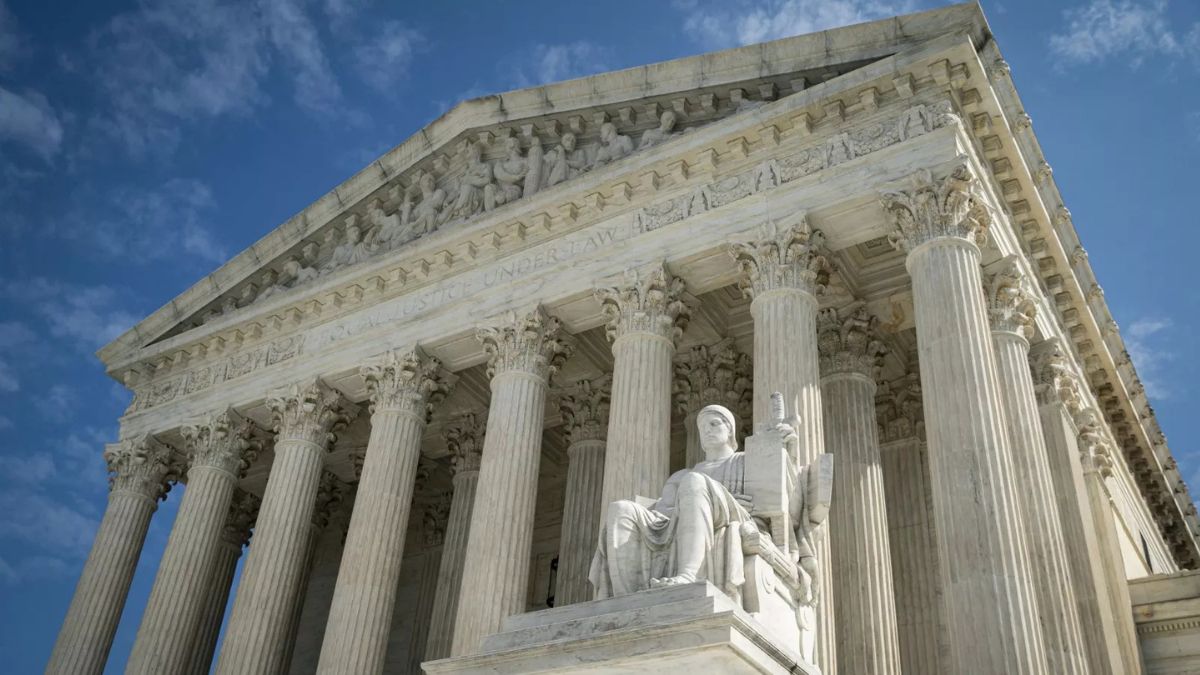

BreakPoint
Throwing Down the Gauntlet
Last spring, after 20 years of fruitless efforts, Virginia finally enacted a parental notification statute. But almost immediately, in a scene that’s become all too familiar, a federal judge set the statute aside, summarily overruling the will of the people. Then, in a scene that’s not so familiar, a federal appeals court judge reinstated the will of the people. The Virginia statute requires a parent to be notified when a minor, unmarried daughter seeks an abortion. Three weeks before the law was to take effect, Planned Parenthood filed suit to stop it. Only one day before the law was to take effect, District Judge James Turk issued an injunction suspending it. But fortunately, at least one federal judge understands the meaning of self-government. The state of Virginia appealed Turk’s ruling to the Fourth Circuit Court of Appeals. There, Circuit Judge Michael Luttig overturned Turk’s order, allowing the law to take effect. It’s not unusual for an appeals court judge to reverse a district court judge. What made Luttig’s actions noteworthy was that he used the occasion to issue what the Richmond Times-Dispatch called "a stinging rebuke to judges who presume to nullify the will of the people." Luttig’s 36-page opinion said that Judge Turk’s actions were "the direct result of a misreading of Supreme Court authority." He wrote that Turk had "failed to afford… Virginia the latitude to interpret its laws." Luttig then threw down the gauntlet to judges who presume to substitute their own opinions for the will of the people. "If the… awesome power of the federal judiciary is to be respected," Luttig wrote, "[judges] must respect the People and their institutions of government." This same theme is pressed home in a manifesto issued just last week. Called "We Hold These Truths," the manifesto is signed by myself and 41 other Christian leaders. Free people, the manifesto states, organize their common life by enacting laws through elected representatives-laws that embody and reflect the people’s moral convictions. These convictions are in turn are shaped by what the Founders called "the laws of Nature and Nature’s God." Self-government, the manifesto warns, cannot survive in a polity where unelected judges see fit to "nullify the will of the people"—especially with regard to issues like abortion, which touch our deepest moral convictions. That’s why "the American experiment is deeply troubled." Today judges regularly usurp the rightful role of the people and their representatives. The result is that the laws that govern us no longer reflect the people’s moral concerns. It is a vitally important that you understand why Judge Luttig’s decision has set such an important example. He is one federal judge who understands that if the American experiment is to survive, we must rein in a rogue judiciary—judges who hold both our moral convictions and democratic institutions in contempt.
07/11/97















